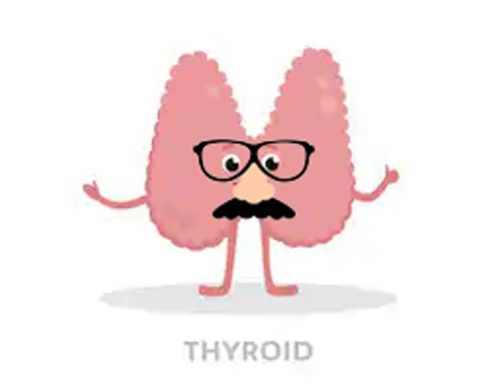by Dr. Tina Marcantel
Saliva testing for hormone imbalances tends to more accurately relate to patient symptoms than serum blood testing. Dr. Tina Marcantel is a naturopathic doctor in Gilbert, AZ, who also serves the East Valley cities of Mesa, Chandler, Tempe, Scottsdale, Queen Creek, Fountain Hills, Apache Junction, and the greater Phoenix area.
 Most of the patients who come to see me have already explored books, the Internet, and other sources in an attempt to reach a diagnosis for the problems they’re having and to find solutions for their symptoms. When the interview takes us in the direction of possible hormone issues, I’ll ask what type of testing they’ve done to check hormone levels in the past.
Most of the patients who come to see me have already explored books, the Internet, and other sources in an attempt to reach a diagnosis for the problems they’re having and to find solutions for their symptoms. When the interview takes us in the direction of possible hormone issues, I’ll ask what type of testing they’ve done to check hormone levels in the past.
Some have never had their hormones tested, but many tell me that they’ve had blood tests done and that their physicians have told them that the hormone results were “within normal limits.” Consequently, hormone therapy isn’t even considered and the treatment they receive is usually in the form of prescriptions for antidepressant, anti-anxiety, or sleeping medications. I tell them, “It’s not you that’s unbalanced; it’s most likely your hormones!”
Because many of these patients have done their health homework and are sensitive to their bodies’ signals (particularly the women), they are often confused about why they’re having what appear to be hormone-related symptoms when the blood tests show they are normal. The answer lies in the type of laboratory testing that’s being used.
Steroid hormones such as estrogens, progesterone, testosterone, cortisol, and others are mostly bound to carrier proteins in the bloodstream. It’s only the unbound 1-5% of these hormones that are actually available to target tissues and that actively exert specific effects on the body. Saliva tests, unlike serum (blood) tests, measure the level of these bioavailable hormones. Because of this, salivary hormone levels often relate to specific symptoms of hormone imbalances. A blood test, on the other hand, may show “normal” hormone levels but may not reveal how the hormones are actually affecting the body.
The laboratory we work with in our practice (ZRT Laboratory) uses extremely sensitive assay methods and reports the patient’s hormone test levels, the specific hormonal imbalances that relate to the patient’s current symptoms, and a comprehensive analysis of the findings. Follow this link to learn more about the ZRT hormone profiles we use.
If the test results warrant it, the doctor and patient can then mutually decide if they wish to pursue bioidentical hormone therapy or herbal treatments to help bring the hormones into a proper balance to relieve symptoms. Once treatment begins it’s very important to monitor levels regularly, so I require my patients to perform a second saliva test after six months and then annually as long as they are receiving hormone supplementation.
Saliva testing can help the patient and physician in several ways:
- It can identify hormone imbalances before symptoms or diseases appear, thus promoting good preventive health practices.
- It can identify specific hormone imbalances associated with symptoms, allowing the patient to understand why she or he is experiencing those symptoms and to pursue a proper treatment protocol.
- It can monitor hormone levels while the patient is receiving treatment, thus allowing for individualized hormone dosing for optimum results.
Once we establish a baseline, we can work with patients to start bringing things into balance and get them feeling better. So many of them have said to me, “Oh! I’m not crazy after all—look at the levels of hormones that are out of range.” When they see the results of their saliva tests, they’re often relieved to see hormone levels that match up with their symptomology.
Pricing for ZRT Saliva Hormone Testing
View a YouTube video from ZRT on how to collect a saliva sample
See our Health Videos/Articles Index page for a complete listing of videos and articles on DrMarcantel.com





